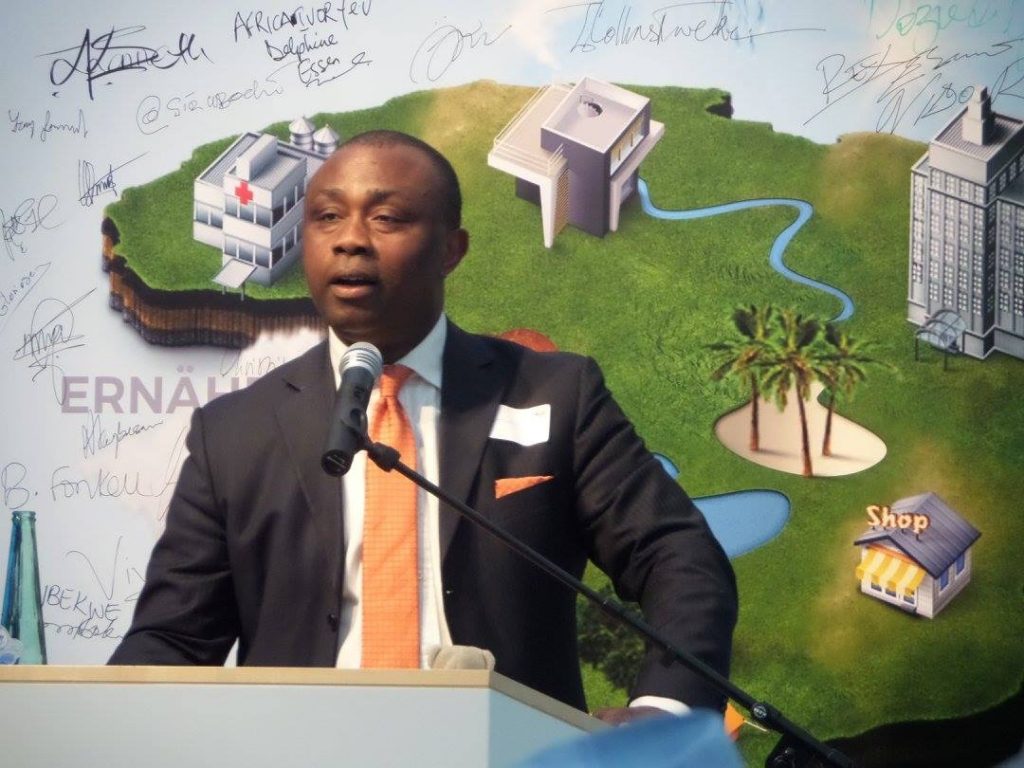
When Kwame Nkrumah of Ghana convened the First Congress of Independent African States in Accra in 1958, his goal was to showcase progress of liberation movements on the continent. Nkrumah loved symbolism as well. He used the congress to symbolise the determination of the people of Africa to free themselves from foreign domination and exploitation. Though the Pan-African Congress had been working towards similar goals since its foundation in 1900, Nkrumah had a unique brand of flamboyance about him that propelled the initiative beyond the initial intentions.
Five years after the Nkrumah Accra Congress, specifically on 25 May 1963, representatives of thirty African nations met in Addis Ababa, Ethiopia, hosted by Haile Selassie. At the time Nkrumah was already a fulfilled man because more than two-thirds of the continent had achieved independence, mostly from imperial European states. At the 1963 meeting, the Organisation of African Unity (OAU) was founded, with the initial aim to encourage the decolonisation of Angola, Mozambique, South Africa and Southern Rhodesia. The OAU committed to supporting the work conducted by freedom fighters, instituting for that purpose a policy tool that it named Africa Liberation Day. With the replacement in 2002, of the OAU by the African Union, the celebration was also renamed Africa Day which has continued to be celebrated on 25 May.
How far have we the African descendants of Nkrumah done him proud 60 years down the line? When he convened his congress in 1958 it was largely with pride for all the efforts to liberate the continent from foreign domination and exploitation. Today the liberation that Africa needs is liberation from itself, from the African strongmen and greedy political elites, grandfathers and great grandfathers who like stubborn colossus, have dominated the scene. Young people at the primes of their lives, like Nkrumah, Azikiwe, Selassie, Lumumba and others were at the time, do not find their place in the Africa of today. By this situation, African youths have a huge fight in their hands to reclaim their space in the scheme of things. This has to change.
This was why when I received invitation to deliver a paper at the Africa Day 2019 events in Dortmund, Germany, I thought I would have to disappoint the Permanent Representative of the African Union to the European Union who is meant to host us at a reception in Brussels to commemorate the Africa Day 2019. I could join the Merry-making in Brussels in the 2020 edition but the chosen topic for Dortmund 2019 is one that I consider germane in the scheme of things in Africa’s developmental trajectory. I am to speak on:Developing Leadership Competencies, Overcoming Obstacles and Influencing Governance for Africa’s Growth with special focus on the Millennial Generation.
It is not uncommon in existing literatures on development studies for Africa to be described as a continent of missed opportunities and failed leadership. There are equally no shortages of empirical evidence to back such assertions. One thing that appears to be in acute short supply is a set of innovative strategies that should help Africa out of the menace. Often people would give up on the current generation of African leaders and repose hope in the Millennial generation as the messiah that will rescue the continent.
Obviously, the change that Africa needs will not propel itself. What leadership competences are therefore required to activate the development and growth that Africa needs? Does the current definition of Youth Leadership sufficiently capture the requirements that will enable the African continent to have a place on the global leadership table? The underlying assumption of my Dortmund paper is that the theory of youth leadership being just about young people gaining skills and knowledge necessary to lead reform and community organizing activities is obsolete. A redefinition is long overdue. It has not happened because the youths themselves have not been in the forefront in that redefinition process.
The paper will present three governance engagement models targeting three domains: politics, social enterprise and civic mobilization and the development of requisite competencies to drive each of them. It will be the contention of the paper that African Millennial generation must be in a hurry to retire the current crop of tired leaders through purposeful civic engagement and reclaim their destiny through renewed governance models, defined and pushed through by them.